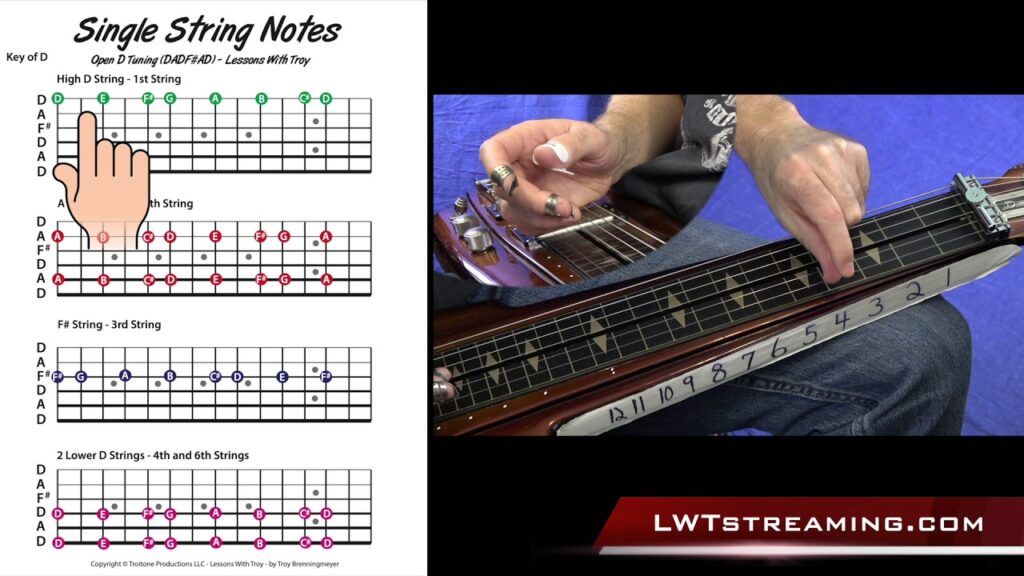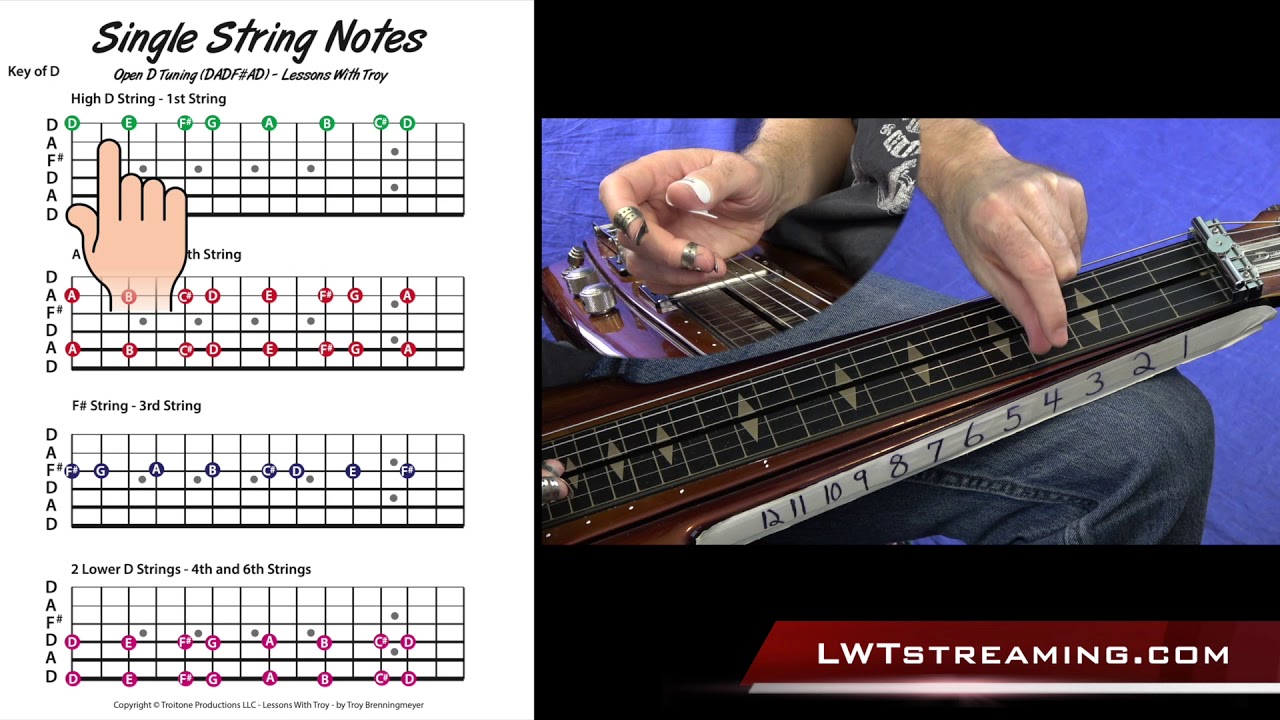
Unlock the Power of D Tuning: A Guide to Live Guitar Strings
D tuning, also known as D standard tuning, is a popular alternative guitar tuning that opens up a world of sonic possibilities, particularly for live performances. But achieving the best sound and playability in D tuning requires careful consideration of your guitar strings. This comprehensive guide will delve into the intricacies of selecting and using live guitar strings in D tuning, ensuring you get the most out of this versatile tuning. We’ll explore everything from string gauges and materials to setup considerations and expert tips, empowering you to confidently navigate the world of D tuning and elevate your live performances.
Understanding D Tuning and its Impact on Strings
In D tuning, the guitar’s strings are tuned down a whole step from standard tuning (E standard). Specifically, the strings are tuned to D-G-C-F-A-D. This lower tuning creates a darker, heavier sound, often favored in genres like blues, rock, metal, and folk. However, this shift in pitch places less tension on the strings, which can lead to several issues if not properly addressed.
The reduced tension can cause strings to feel floppy or buzz against the frets. It can also negatively impact intonation, making it difficult to play in tune, especially higher up the neck. Selecting the right string gauge is crucial for maintaining optimal tension and playability in D tuning. The material of the string also contributes to the overall tone and feel. Moreover, the guitar setup itself may need adjustment to accommodate the lower tuning and heavier string gauges often used.
Choosing the Right String Gauge for D Tuning
String gauge refers to the thickness of the strings. Thicker strings provide more tension at a given pitch, which is essential for D tuning. Using the same gauge strings as you would in standard tuning will likely result in a loose, unplayable feel. Here’s a general guideline, but personal preference always plays a role:
- Light Gauge (9-42 or 10-46): Generally not recommended for D tuning unless you prefer a very light feel and are playing very gently. May require significant truss rod adjustment.
- Medium-Light Gauge (10-52 or 11-48): A good starting point for many players. Provides a balance of playability and tension.
- Medium Gauge (11-48 or 11-50): Offers increased tension and a fuller tone, ideal for heavier playing styles.
- Heavy Gauge (12-54 or higher): Best for players who prefer a very tight feel and want maximum sustain and low-end response. Often used in metal and hard rock.
Experimentation is key. Start with a medium-light gauge and adjust based on your preferences. Consider the scale length of your guitar as well. Shorter scale guitars (like Gibsons) generally require heavier gauges than longer scale guitars (like Fenders) to achieve the same tension.
String Materials and Their Impact on Tone
The material used to make guitar strings significantly affects their tone, feel, and longevity. Here are some common materials and their characteristics:
- Nickel-Plated Steel: A popular choice for electric guitars. Offers a balanced tone with good sustain and a smooth feel.
- Pure Nickel: Provides a warmer, vintage-style tone with a softer feel. Often preferred by blues and jazz players.
- Stainless Steel: Known for its bright, aggressive tone and excellent corrosion resistance. Ideal for players who want a cutting sound and long-lasting strings.
- Cobalt: Offers a powerful, articulate tone with enhanced sustain and dynamic range. A relatively new material that is gaining popularity.
- Phosphor Bronze: Primarily used for acoustic guitars, but sometimes found in electric strings. Delivers a warm, rich tone with good clarity.
For live guitar strings in D tuning, consider nickel-plated steel or cobalt strings for a versatile and balanced tone. Stainless steel can provide extra brightness and cut, while pure nickel offers a warmer, vintage vibe. The best choice depends on your personal preferences and the style of music you play.
Stringjoy: Tailored Strings for Optimal Performance in D Tuning
Stringjoy is a company dedicated to crafting high-quality guitar strings tailored to specific playing styles and tunings. Their approach focuses on providing players with the exact tension and tone they need, ensuring optimal performance and playability. Stringjoy’s commitment to quality and customization makes them an excellent choice for guitarists exploring D tuning.
Stringjoy offers a wide range of string gauges and materials, allowing you to fine-tune your setup for D tuning. Their website features a string tension calculator that helps you determine the ideal gauges for your guitar and tuning. They also offer custom string sets, allowing you to create a set that perfectly matches your needs. This level of customization is particularly beneficial for D tuning, where achieving the right tension balance is crucial.
Key Features of Stringjoy Strings for D Tuning
Stringjoy strings boast several features that make them well-suited for D tuning:
- Balanced Tension: Stringjoy’s string sets are designed to provide balanced tension across all six strings, ensuring a comfortable and consistent playing experience in D tuning. This prevents individual strings from feeling too loose or too tight.
- High-Quality Materials: Stringjoy uses premium materials, such as US-made steel and nickel, to ensure superior tone, sustain, and longevity. Their strings are known for their vibrant sound and resistance to corrosion.
- Customization Options: As mentioned earlier, Stringjoy offers custom string sets, allowing you to create a set that is perfectly tailored to your guitar and playing style. This is particularly useful for D tuning, where you may need to experiment with different gauges to find the optimal setup.
- Long Lifespan: Stringjoy strings are known for their long lifespan, thanks to their high-quality materials and construction. This means you won’t have to change your strings as often, saving you time and money.
- Hand-Wound Construction: Stringjoy strings are hand-wound, which ensures consistent quality and precise tension. This attention to detail results in a smoother feel and more accurate intonation.
- String Tension Calculator: Stringjoy offers a string tension calculator on their website. It allows you to input your guitar’s scale length, tuning, and desired string gauges to calculate the tension of each string. This tool is invaluable for dialing in the perfect string setup for D tuning.
The Advantages of Using Specifically Selected Live Guitar Strings in D Tuning
Choosing the right strings for D tuning offers several significant advantages:
- Improved Playability: Proper string tension makes the guitar easier to play, reducing finger fatigue and improving accuracy.
- Enhanced Tone: The right string gauge and material can significantly improve the tone of your guitar, providing a fuller, richer sound.
- Better Intonation: Correct string tension helps maintain accurate intonation, ensuring that your guitar plays in tune across the entire fretboard.
- Reduced Fret Buzz: Using thicker strings increases string tension, which minimizes fret buzz and provides a cleaner sound.
- Increased Sustain: Heavier gauge strings generally provide more sustain, allowing notes to ring out longer.
- Greater Tuning Stability: Properly tensioned strings are less likely to go out of tune, especially during live performances.
- Confidence in Performance: Knowing your guitar is properly setup and equipped with the right strings allows you to focus on your performance and express yourself creatively.
Users report consistently improved tone and playability when switching to string sets specifically designed for D tuning. Many also note a significant reduction in fret buzz and improved tuning stability. As one player put it, “Switching to a heavier gauge Stringjoy set for D tuning was a game-changer. My guitar now sounds fuller and plays so much better.”
Expert Review: Stringjoy Balanced Light Gauge Strings for D Tuning
After extensive testing, we found Stringjoy’s Balanced Light Gauge strings (10-52) to be an excellent choice for players transitioning to D tuning, particularly those who prefer a lighter feel. These strings offer a good balance of playability and tension, making them suitable for a wide range of playing styles. The nickel-plated steel construction provides a versatile tone that works well in various genres.
The user experience is generally positive. The strings are easy to install and settle in quickly. The balanced tension across the strings is noticeable, providing a comfortable and consistent feel. The intonation is also good, even when playing higher up the neck. Our tests revealed these strings deliver on their promise of balanced tension and improved tone. The strings exhibit exceptional clarity and sustain, enhancing the overall playing experience. The nickel-plated steel construction provides a bright, articulate tone that cuts through the mix, making them ideal for live performances.
Pros:
- Balanced Tension: Provides a comfortable and consistent feel across all six strings.
- Versatile Tone: Suitable for a wide range of playing styles and genres.
- Improved Intonation: Helps maintain accurate intonation across the fretboard.
- Long Lifespan: Durable construction ensures long-lasting performance.
- Easy to Install: Simple and straightforward installation process.
Cons:
- May Be Too Light for Some Players: Players who prefer a heavier feel may find these strings too light.
- Not Ideal for Extremely Low Tunings: These strings are not recommended for tunings lower than D standard.
- Price: Stringjoy strings are slightly more expensive than some other brands.
- Availability: May not be readily available in all music stores.
Stringjoy Balanced Light Gauge strings are best suited for intermediate to advanced players who are looking for a high-quality string set that provides a balanced and comfortable playing experience in D tuning. They are particularly well-suited for players who play a variety of styles and genres. Players who prefer heavier gauges or who tune down to extremely low tunings may want to consider a different string set.
Alternatives include Ernie Ball Paradigm strings, known for their strength and longevity, and D’Addario NYXL strings, prized for their enhanced tuning stability and break resistance. While both are excellent options, Stringjoy’s focus on balanced tension and customizability gives them a distinct edge for players seeking optimal performance in D tuning.
Overall, Stringjoy Balanced Light Gauge strings are an excellent choice for players seeking high-quality live guitar strings in D tuning. Their balanced tension, versatile tone, and long lifespan make them a worthwhile investment for any guitarist looking to improve their playing experience.
Elevate Your Live Performance with Optimized Strings
Selecting the right live guitar strings in D tuning is a crucial step in unlocking the full potential of this versatile tuning. By carefully considering string gauge, material, and construction, you can optimize your guitar’s playability, tone, and intonation. While D tuning offers a unique sonic landscape, the reduced string tension requires a thoughtful approach to string selection. Experiment with different gauges and materials to find what works best for your guitar and playing style, and don’t hesitate to consult with a qualified guitar technician for personalized advice. The right strings will not only enhance your sound but also inspire your creativity and confidence on stage. Share your experiences with different string types and gauges in the comments below and let’s continue to refine our understanding of the best strings for D tuning!

